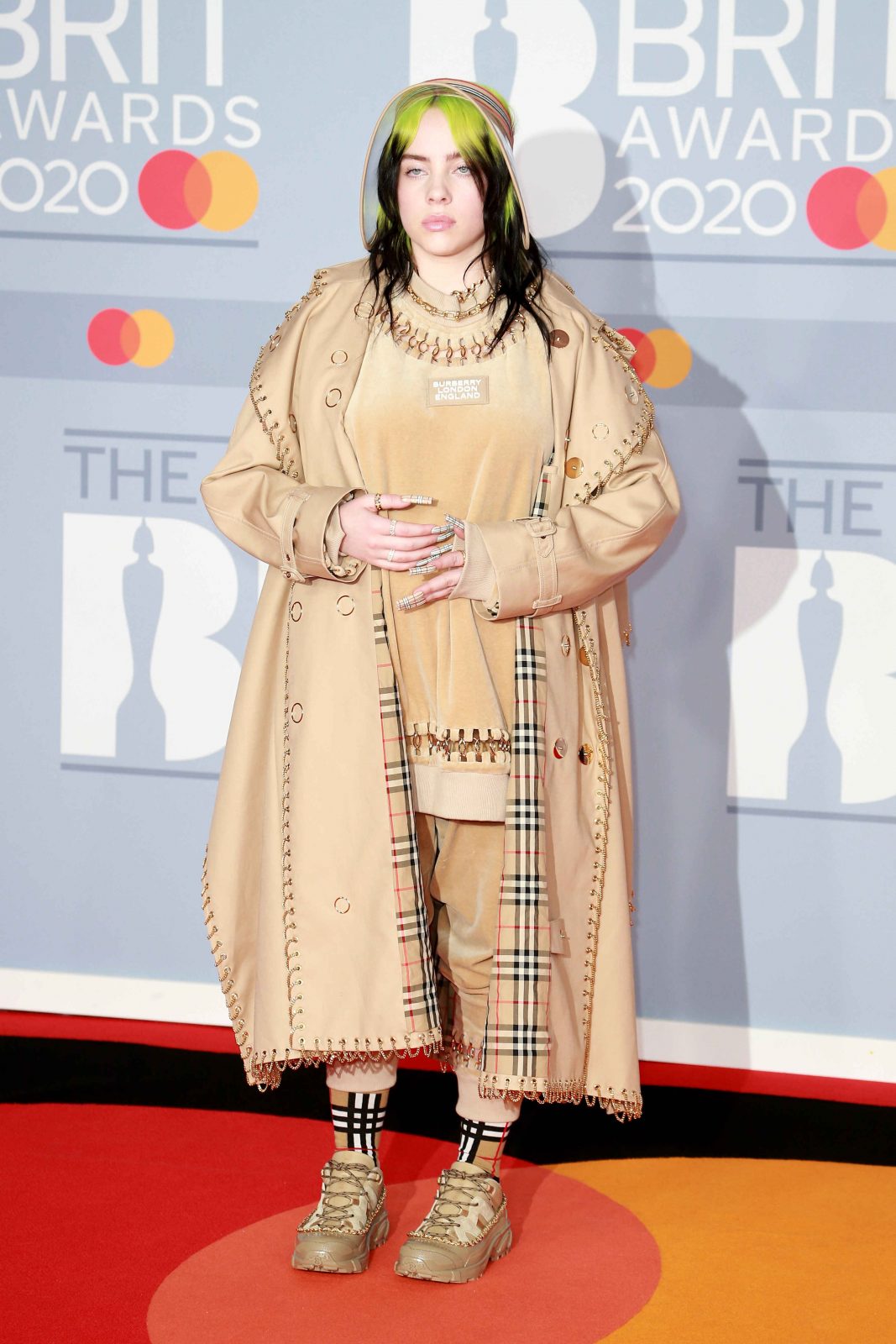Preserving Personal Power: Billie Eilish’s New Album Empowers Women And Tackles Body Image Insecurities
 Photo Credit: Shutterstock
Photo Credit: Shutterstock
In the world of young pop stars and mega-celebrities, nobody is quite as notable as the nineteen-year-old creative legend and willfully honest teen, Billie Eilish. After rapidly shooting into stardom with the release of her debut album, When We All Fall Asleep Where Do We Go?, in March of 2019, the music and cultural icon’s cult following, with an overwhelming teen fanbase who have quite literally grown up alongside her and adore her as though she’s their best friend, has exponentially grown. What makes Billie most beloved, though, is her absolute transparency, overwhelming candidness about resonating issues, struggles, fears, and desires, and her unique and charismatic persona. These days, though the starlet has departed from her formerly emblematic neon green-dyed roots, her quintessential character and daring taste remain.
Eilish’s new era, and persona, which corresponds with the recent release of her brilliant sophomore album, Happier Than Ever, pulls inspiration from vintage Hollywood glamour and is complemented by her newly signature neutral palette of rich sand, dusty rose, and sage green. Of course, her soft Marilyn Monroe-esque blonde-styled locks, debuted earlier this year, suit the famed teen and have easily become her newest symbol. We can’t forget that it is Billie Eilish we’re talking about, after all, so her fresh, more traditionally feminine era, anticipated album, and subsequent stylistic evolution still features her trademark edge and non-conformist flair seen through chunky maximalist sneakers and loafers, over the knee socks, and oversized silhouettes, sometimes juxtaposed by corsets and lace.
View this post on Instagram
What may have been previously regarded and written off as mere personal stylistic choices may have more depth to it though. Surely nineteen-year-old Billie is exploring herself through fashion, but also, throughout her entire career, the teen has been vulnerable and open about her poor body image, insecurity and body dysmorphia, and other mental health struggles. Though this year she’s shed the layers on big magazine covers like British Vogue, and most recently at her album release party, debuting her body to the world for the first time in form-fitting corsets and opening herself up to criticism and backlash, body image, and the feminine struggle, particularly for young artists in Hollywood, continue to exist as recurrent and major motifs in her charting and celebrated album. The album, which was released this past Friday, serves as a transformative experience. Through tracks like “Overheated,” “Not My Responsibility,” and “Your Power,” Billie integrates deep emotion and incorporates her difficult relationship with her body, explicitly echoing themes that she’s expressed in interviews prior.
Even recently, the star asserts that she has a “terrible relationship with her body,” perpetuated by the falsified perfection that has been normalized through social media idolatry, denials of plastic surgery, and advanced editing software. The teenager, who became associated with oversized clothing in her rise to fame in an effort to avoid hyper-sexualization by the male gaze and to protect her body/insecurities from the opinions of others, has still faced her own share of criticism over social media. After the paparazzi captured Eilish quickly running out of the house in a tank top and shorts on a particularly hot Los Angeles day, an incident which seems to serve as the influence for her innovative and reflective track “Overheated,” the teen star’s appearance and size was commented on and torn apart over media incessantly. The track urges empowerment, acceptance of one’s body, honesty surrounding plastic surgery or enhancement, and establishes Eilish as “one of us,” someone who deals with body insecurities just like the rest of us and at the end of the day, a teenage girl who has the body of one. Eilish has expressed her conflicting experience with personal body image insecurities and her intense sadness when she sees people, usually young women, whom she deems to be so insecure that they refuse to move in certain “unflattering” ways or make faces for fear of judgment and dissection. She claims that freedom and happiness are impossible with these unattainable standards while battling and disassociating from negative thoughts surrounding her own body when performing or sifting through images of her on stage in her baggy and not always flattering fashion.
View this post on Instagram
Other songs on the album urge empowerment and freedom for women in more ways than just this. “Your Power” outlines the exploitation and unwanted hyper-sexualization of young girls, and the spoken word track, “Not My Responsibility,” first released in May of 2020, calls out our societal system for assigning our value based on physicality and size, while also questioning why her body is automatically seen as provocative by the masses if it is not covered up yet anti-feminine when she does choose to cover it.
Billie provides depth, as she always does when it comes to communicating her personal struggles, and with lyrics so resonant as well as such innovative musical artistry, it is no surprise that the album Happier Than Ever has already seen such incredible success. She may have faced intense criticism in the past, but due to her utmost openness, the bold teen will always have the support of her loyal fanbase too; they see themselves reflected in her, and through the album Happier Than Ever, this is no different.
For more information, visit Dr. Brian A. Levine's social media:

























